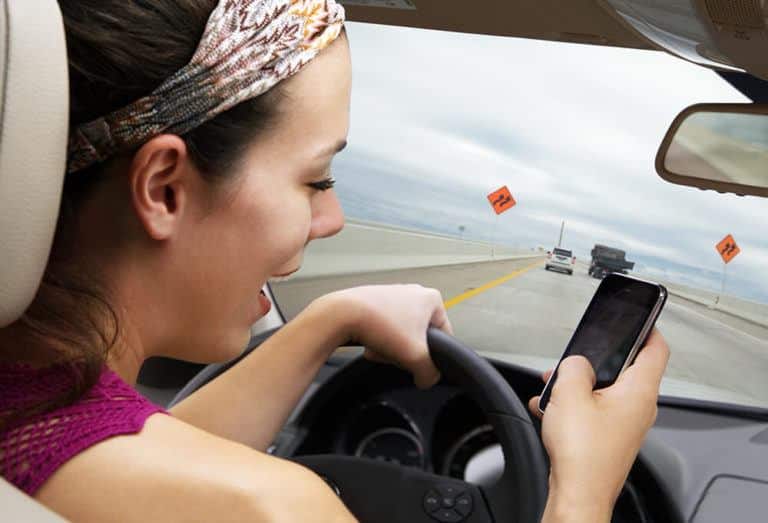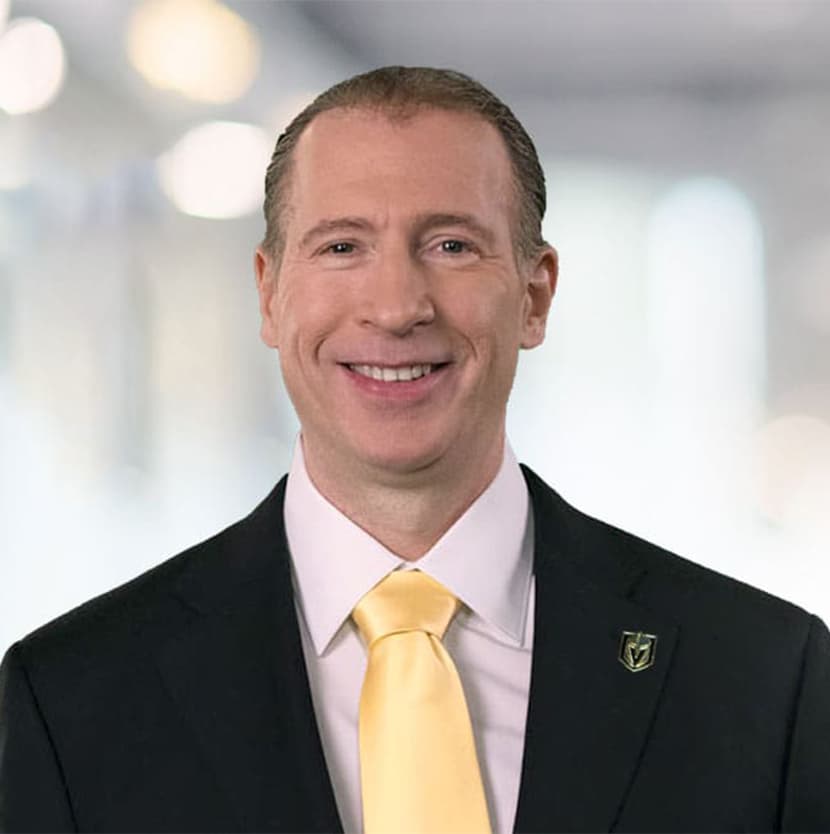
GET YOUR FREE PERSONAL INJURY ACCIDENT CONSULTATION
NO FEES UNLESS WE WIN!
The question of liability is central to personal injury law because the liable party is the party responsible for bearing the costs of any damages resulting from an accident. We will take a look at what liability means in its legal context, how liability is determined, and how to protect yourself from unjust claims of liability that could arise after an accident.
Call (702) 382-0000 For a Free Consultation
What is Liability?
In law, every person is assumed to be responsible for their actions. The law also assumes that each of us has the responsibility to act in a manner that does not cause an injury to others. This is sometimes referred to as owing a duty not to cause injury. If someone fails in a duty, and an injury occurs, then that person is said to be liable for the injury. With these definitions in mind, we can define liability as follows:
- A person has a certain duty to others
- That person fails to perform the duty
- Another person is injured or suffers some loss as a result of the failure to perform the duty.
- The person who failed in their duty is liable for the consequences of that failure.
Notice that there must be an injury or some other loss. If there is no injury or loss, then there is no liability for damages. The mere fact that a danger exists, in the absence of a loss or injury, is not grounds for a personal injury lawsuit.
Negligence, Fault, and Liability
Negligence is the failure to perform some act that could reasonably be expected on the part of another person. Negligence may be an accidental omission or it can be a deliberate act. Fault is usually defined as either a direct or indirect cause of some event.
In a legal sense, liability is used to identify the party that is deemed to have caused an injury to another. Although not always the case, fault and liability are often the same.
How is Liability Determined?
Liability can be determined in several ways. In many cases an admission of responsibility by one party will be sufficient to establish liability, while other cases may require that a jury hear the evidence presented by all parties to a case before liability can be assigned. If there is any doubt as to who is liable for damages, the services of a personal injury attorney should be sought to ensure that his or her client receives a fair representation in any legal actions.
How Negligence Works in Proving Fault
One of the fundamental concepts of law is that negligence cannot be defended, meaning that proof of negligence is all that is needed to establish fault and thus liability. While this may be an overly simple explanation the fact remains that there are many types of negligence but only two degrees of fault: all or none. Since the law assumes that a reasonable and careful person would not be negligent, an act that is attributed to negligence is sufficient to establish fault.
What are Other Methods of Proving Fault?
As we previously learned, fault is a matter that is decided by a jury. This means that. there must be evidence that justifies assigning fault to one party or another. Such evidence could be the accounts of the accident given by witnesses, physical evidence such as pictures or video taken at the scene of an accident, or the investigating officer’s accident report.
A civil lawsuit does not need to rise to the same level of proof that is required in a criminal case. Instead, a civil lawsuit requires only a “preponderance,” or weight, of evidence to support the assignment of fault. If a jury finds some evidence to be more “believable” or “trustworthy” than other evidence, the jury is free to accept that evidence and reject other evidence that may have been presented.
What Happens When More Than One Person is at Fault?
In accidental injury cases it is relatively common for more than one person to have had a role in causing the accident. As an example, a car strikes a pothole and suffers a blowout. The blowout causes the driver to lose control and then collide with another vehicle. The driver who lost control is obviously at fault, but the driver could also argue that, since the highway department had not repaired the pothole, the highway department is also liable for damages.
Questions of multiple parties at fault are usually decided by a jury which will hear the evidence, determine the total damages to be awarded, and then make an assignment of responsibility based on the jury’s opinion of how much each party contributed to the accident. In our example given in the previous paragraph, a jury could decide that the highway department was 80% responsible for the accident and that the driver was 20% responsible. If the jury awarded damages of $100,000 the highway department would be responsible for $80,000 and the driver would pay $20,000.
What Happens if I’m at Fault?
The time immediately after an accident is always the most stressful. At such times, it is not surprising that we may say things that might not give an accurate accounting of how an accident happened. When you also consider that psychologists have proven time and time again that eyewitness accounts are not always reliable, you can see why it is always best to have an experienced attorney to represent you at all times during any legal proceedings that may be linked to your accident.
It is always a good idea to talk with an attorney before discussing an accident case with anyone. If you have already made statements to others, particularly the police or to an insurance adjuster, an attorney will help make sure that any statements are taken within the context of the accident itself and not as interpreted by someone else at another time. An attorney may also be able to demonstrate that other factors may have been involved in an accident that were not obvious at the time.
Areas We Service in Las Vegas, Nevada
Henderson | Anthem | Summerlin | Paradise | Summerlin North | Summerlin South | Sunrise Manor | Nellis AFB | Desert Shores | Downtown South | Charleston | Richfield | Crestwood | Angel Park Ranch | Queensridge | Casa Grande Pines | Winchester |
Call (702) 382-0000 For a Free Consultation
Adam S. Kutner is a top 100 trial lawyer with 34 years’ experience and expertise that will benefit you
Call us at (702) 382-0000 anytime to schedule a free consultation. We will work to get you the maximum settlement as quickly as possible so you can move forward on your healing journey.
START YOUR FREE CONSULTATION
NO FEES UNLESS WE WIN!
Home visits are available
Call now for details
SE HABLA ESPAÑOL

Adam S. Kutner
PERSONAL INJURY LAWYER
With more than 34 years of experience fighting for victims of personal injury in the Las Vegas Valley, attorney Adam S. Kutner knows his way around the Nevada court system and how to get clients their settlement promptly and trouble-free.














